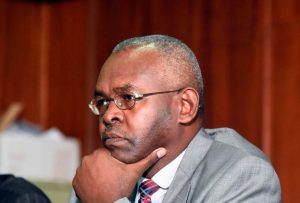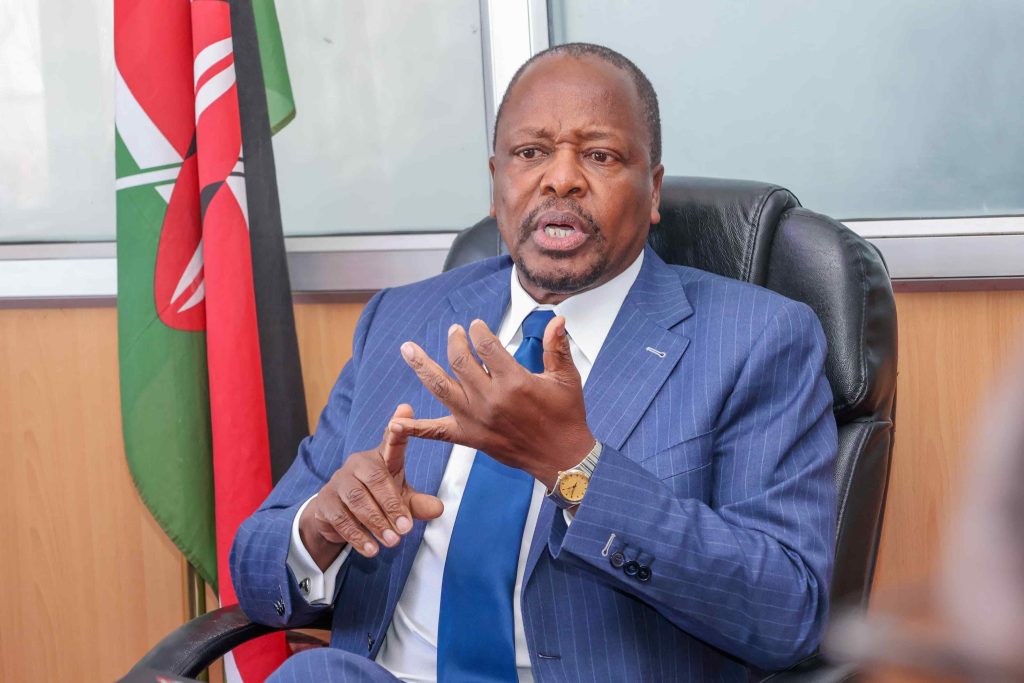
abinet Secretary for Agriculture and Livestock Development, Mutahi Kagwe.
- Kenya Hosts AfDB Conference on Financing Smallholder Farmers
The Cabinet Secretary for Agriculture and Livestock Development, Mutahi Kagwe, emphasized the need for practical and inclusive financial solutions to support the backbone of Africa’s agricultural sector, at the African Development Bank (AfDB) Conference on Financing Smallholder Farmers.
 Welcoming distinguished guests, including AfDB Vice President Beth Dunford, fellow ministers, and representatives from the Pan African Farmers Organization (PAFO), CS Kagwe underscored the critical role of agriculture in Africa’s economic stability.
Welcoming distinguished guests, including AfDB Vice President Beth Dunford, fellow ministers, and representatives from the Pan African Farmers Organization (PAFO), CS Kagwe underscored the critical role of agriculture in Africa’s economic stability.
“Agriculture remains the backbone of our continent, providing livelihoods for over 60% of Africa’s population and significantly contributing to GDP.
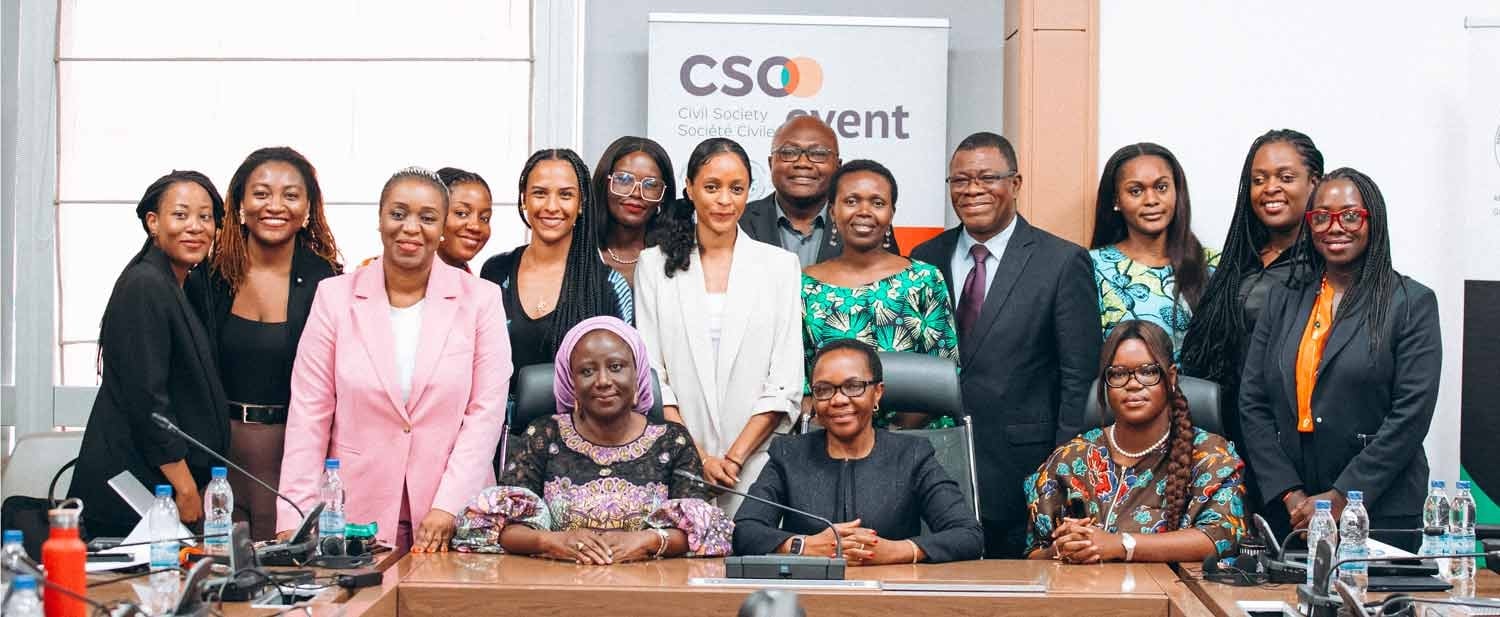 Yet, small-scale farmers—who feed our nations—struggle to access essential financial resources,” he stated.
Yet, small-scale farmers—who feed our nations—struggle to access essential financial resources,” he stated.
“Agriculture is more than a food source—it is a driver of economic growth, job creation, and food security,”
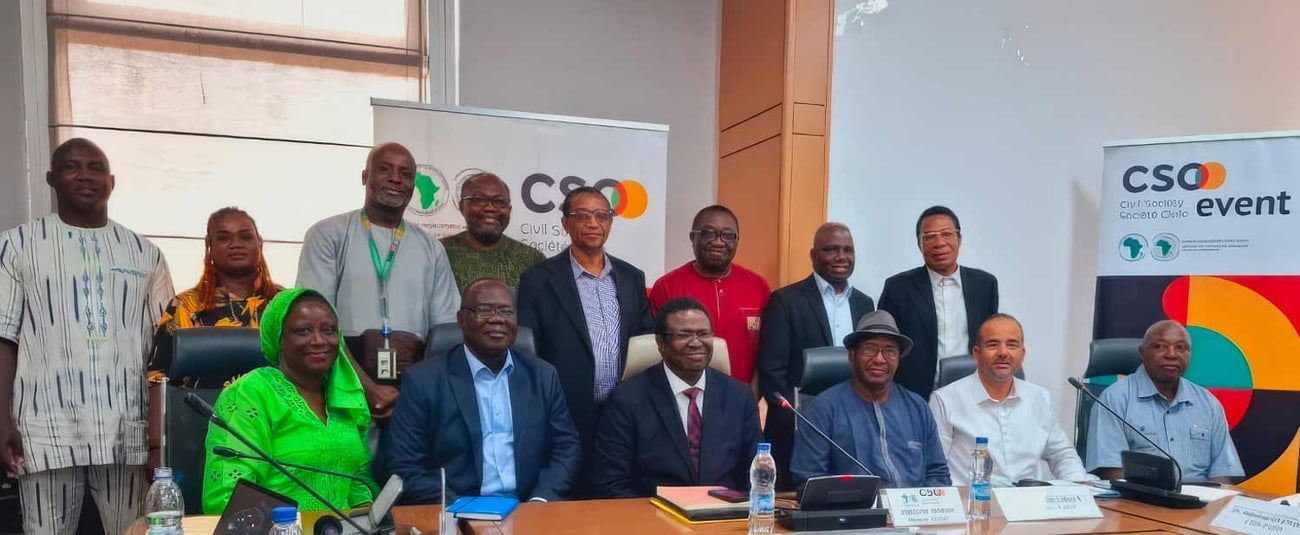 Kagwe remarked, calling for a recalibration of agricultural financing.
Kagwe remarked, calling for a recalibration of agricultural financing.
He urged stakeholders to prioritize investment in key areas, including soil analysis, fertilizer access, cold chain facilities, and agribusiness industrialization.
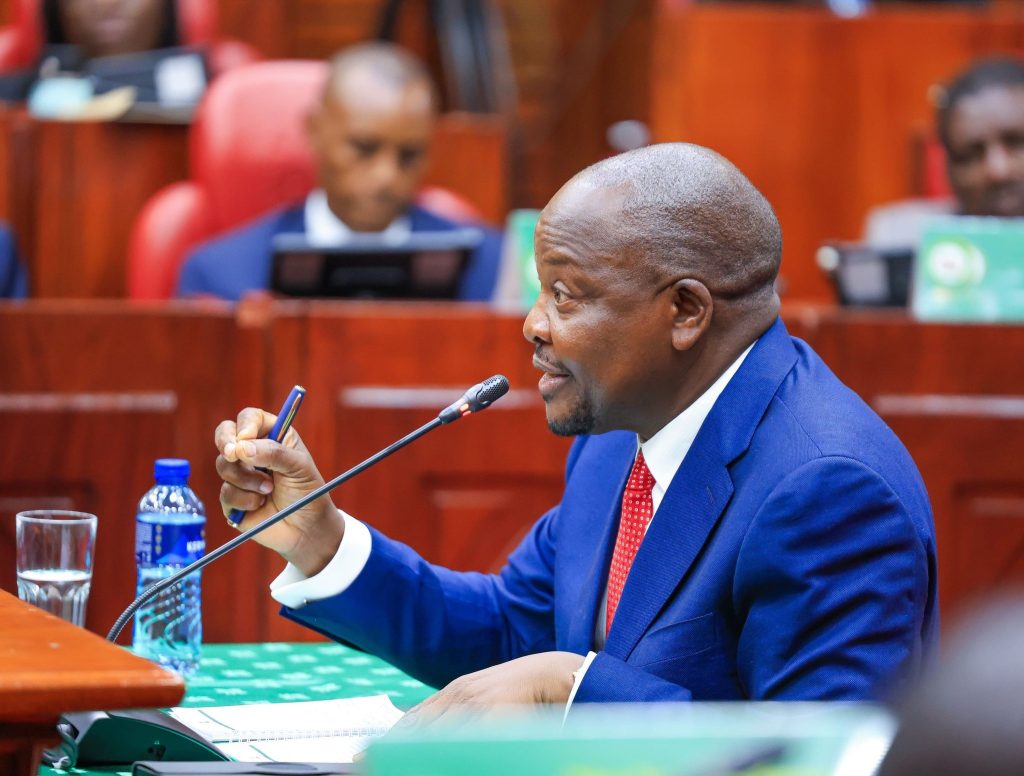 CS Kagwe called for immediate action to transform agriculture from a struggling sector into a thriving industry.
CS Kagwe called for immediate action to transform agriculture from a struggling sector into a thriving industry.
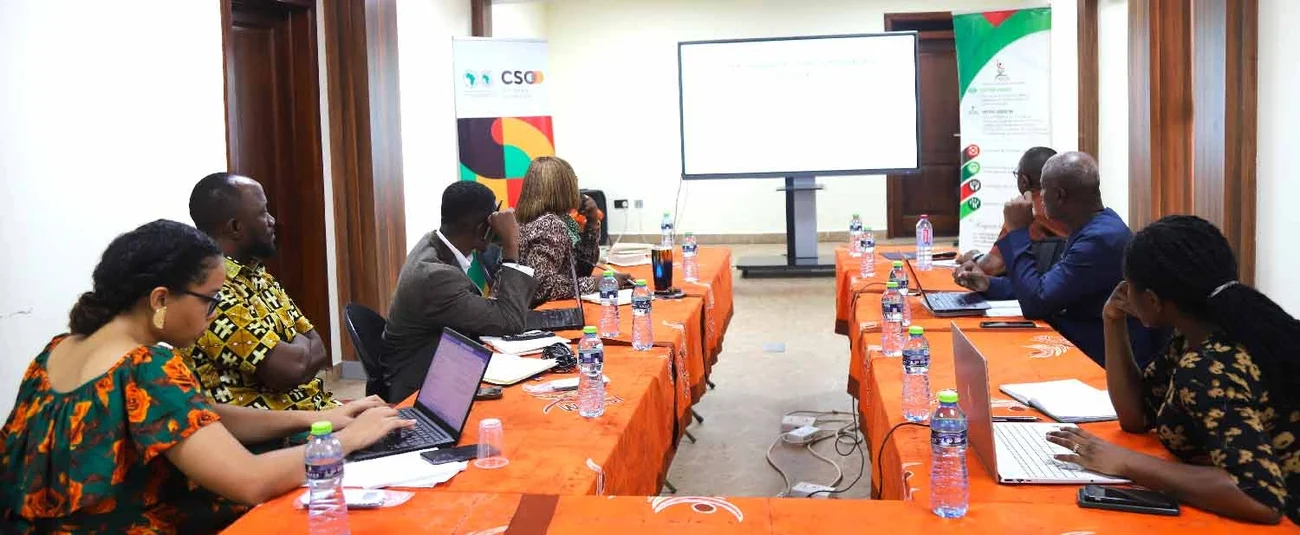 “If we prioritize innovative, practical financing measures, we will turn agriculture into a powerful engine of economic growth.
“If we prioritize innovative, practical financing measures, we will turn agriculture into a powerful engine of economic growth.
Let us commit to ensuring no farmer is left behind.”
Few days ago The Government has commited to protect Kenya’s macadamia and tea sectors, appearing before the Senate Plenary to address concerns raised by Senator Murango.This was reaffirmed by Agriculture Cabinet Secretary Mutahi Kagwe.
Agriculture is a major source of income in Africa; however, untapped agricultural potential has contributed to persistent poverty and deteriorating food security, resulting in a projected increase in the number of undernourished people from ~240m in 2015 to ~320m by 2025.
Falling commodity prices for a broad range of natural resources are creating an increasing imperative for African nations to diversify their exports and reduce current account deficits.
At the same time, increased food demand and changing consumption habits driven by demographic factors such as population growth and urbanization are leading to rapidly rising net food imports, which are expected to grow from US$ 35 bn in 2015 to over US$ 110 bn by 2025.








